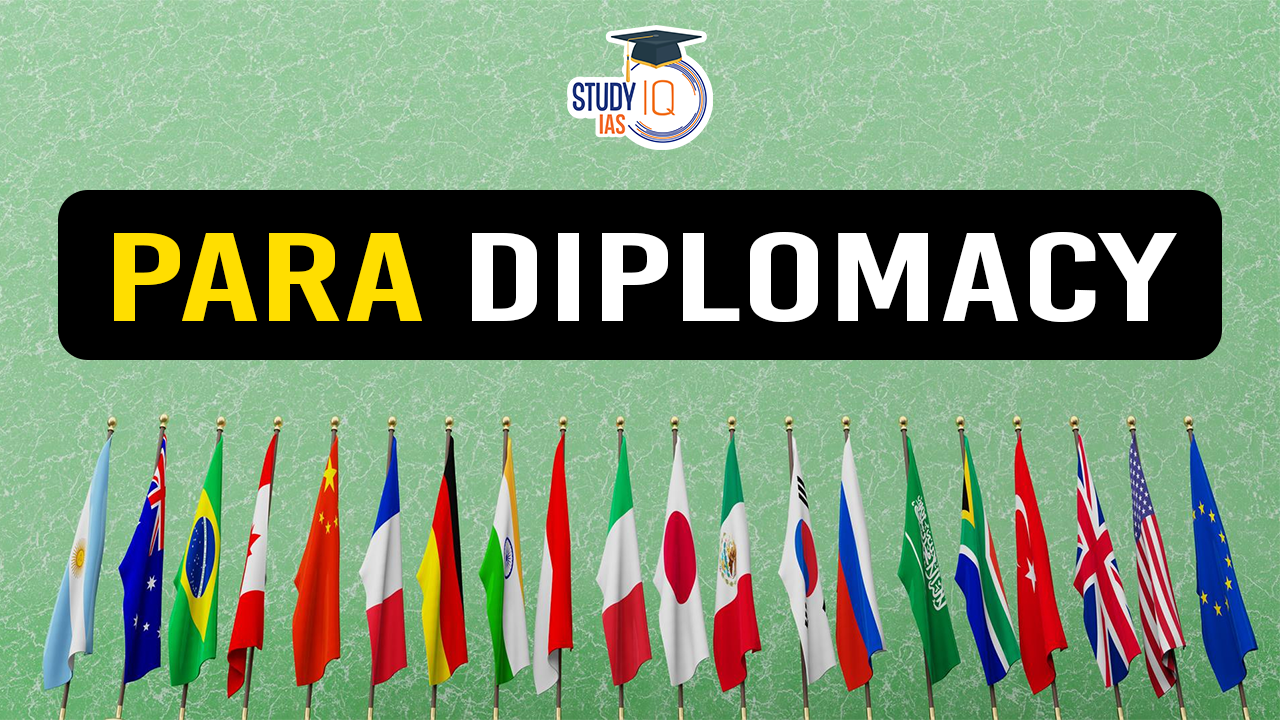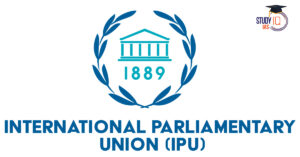Table of Contents
Context: Shiromani Akali Dal (SAD) promised to work with the Indian government to negotiate an “exchange of territory” with Pakistan to bring Kartarpur Sahib, Guru Nanak’s final resting place, into India.
More in News
- SAD suggested making the entire Punjab border a “special economic zone” to attract small and medium enterprises.
- SAD’s proposals reflect the interests of people heavily impacted by the partition of Punjab.
Challenges in India-Pakistan Trade Relations
- Pakistan’s Stance: Pakistan’s army has historically opposed economic cooperation with India until the Kashmir issue is resolved.
- Trade Status: Pakistan has not granted Most Favoured Nation (MFN) status to India; India withdrew MFN status in February 2019 after the Pulwama terror attack.
- Ceasefire and Trade Resumption: A brief interest in resuming trade was observed in February 2021, but opposition within Pakistan led to shelving the move.
Para Diplomacy: Sub-State Diplomacy
- Para diplomacy, also known as sub-state diplomacy, refers to the practice of regional or local governments engaging in international relations and foreign policy activities, independent of their national governments.
- This form of diplomacy allows sub-national entities, such as states, provinces, or cities, to interact directly with foreign governments, international organisations, and other sub-national entities across borders to pursue their specific interests and goals.
Key Characteristics
- Autonomy: Regional or local governments act independently within the limits of their legal and constitutional frameworks.
- Focus on Local Interests: These entities often focus on specific local interests such as economic development, cultural exchange, environmental issues, and educational partnerships.
- Cooperation with National Government: While they operate independently, sub-state entities typically coordinate with their national governments to ensure alignment with broader national policies and avoid conflicts.
- Non-Traditional Diplomacy: Para diplomacy often involves non-traditional forms of diplomacy, such as sister-city agreements, regional partnerships, and participation in international networks and forums.
| Transborder Economic Zones |
| Discussed in other regions, like Pak-Afghan border and extensively practised in South East Asia, where China encourages cross-border collaboration with neighbouring countries.
Other Indian border states have shown differing levels of interest in cross-border cooperation:
|
Future Considerations
- Revisiting Para Diplomacy: The next Indian government should reconsider para diplomacy as a tool for statecraft, aligning neighbourhood policy with border province interests.
- Consensus Building: Successful neighbourhood policy requires consensus between the central government and regional parties in border provinces to foster productive relationships with neighbouring countries.


 SAMARTH Udyog Bharat 4.0: Transforming I...
SAMARTH Udyog Bharat 4.0: Transforming I...
 BHIM 3.0 Launched by NPCI: Key Features,...
BHIM 3.0 Launched by NPCI: Key Features,...
 150th Summit of Inter-Parliamentary Unio...
150th Summit of Inter-Parliamentary Unio...





















